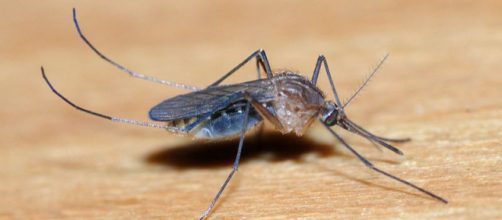In order to check the menace of mosquitoes, Florida County plans to deploy low-flying insect-fighting, unmanned drones. These will be operated at night and fly at low altitudes to ensure better results. Permission for drones to operate at low altitudes is a recent development and the administration wants to take advantage of this. Right now, helicopters and small aircraft are being used.
Daily Mail UK reports that details are yet to be worked out but the authorities of Florida County have plans to launch a large drone that will weigh nearly 700 Kg (1543,24lb).
Such equipment is expected to play a major role in tackling the pest problem.
Drones could prove useful
Eric Jackson, an official of the Lee County Mosquito Control District in southwestern Florida explained that the district relies on aerial operations to tackle the menace of mosquitoes. There are large numbers of mangroves where these pests breed and drones will increase the availability of existing options like aircraft and choppers. These are normally used to spray insecticides on crops.
The official has clarified that the state has been using aerial methods to control breeding of the pests for nearly 60 years. Florida has been selected as a location for conducting a pilot project of the FAA to harness drone technology.
Eradicating mosquitoes by using drones will help the cause. These unmanned vehicles have been accepted in principle and details will be worked out for implementation. North Dakota wants to use them to monitor crops and oil pipelines while Tennessee is already using them for package deliveries.
The pros and cons of drones
Drones have moved from battlefields to civilian applications with an enormous scope of expansion, but there are restrictions. The industry wants the administration to reconsider these restrictions. The Trump administration agrees that the regulations in force are compelling the companies to test their products overseas.
President Donald Trump has already initiated actions to rectify these.
He signed a directive last year that will give freedom to selected states, communities and tribes to participate in trial programs. They will conduct the exercises in partnership with government and the industry. Subsequently, the data will be compiled and used to formulate a new regulatory framework to open up the skies and pave the way for drones to become a part of society. They can assist in oil fields, floods, and weather monitoring, and even in tracking down missing persons.
The eradication of mosquitoes in Florida is a part of this project. The drones will fly at low altitudes over the swamps and operate at night. The effects will be felt through reduction of mosquitoes and mosquito-borne diseases.


